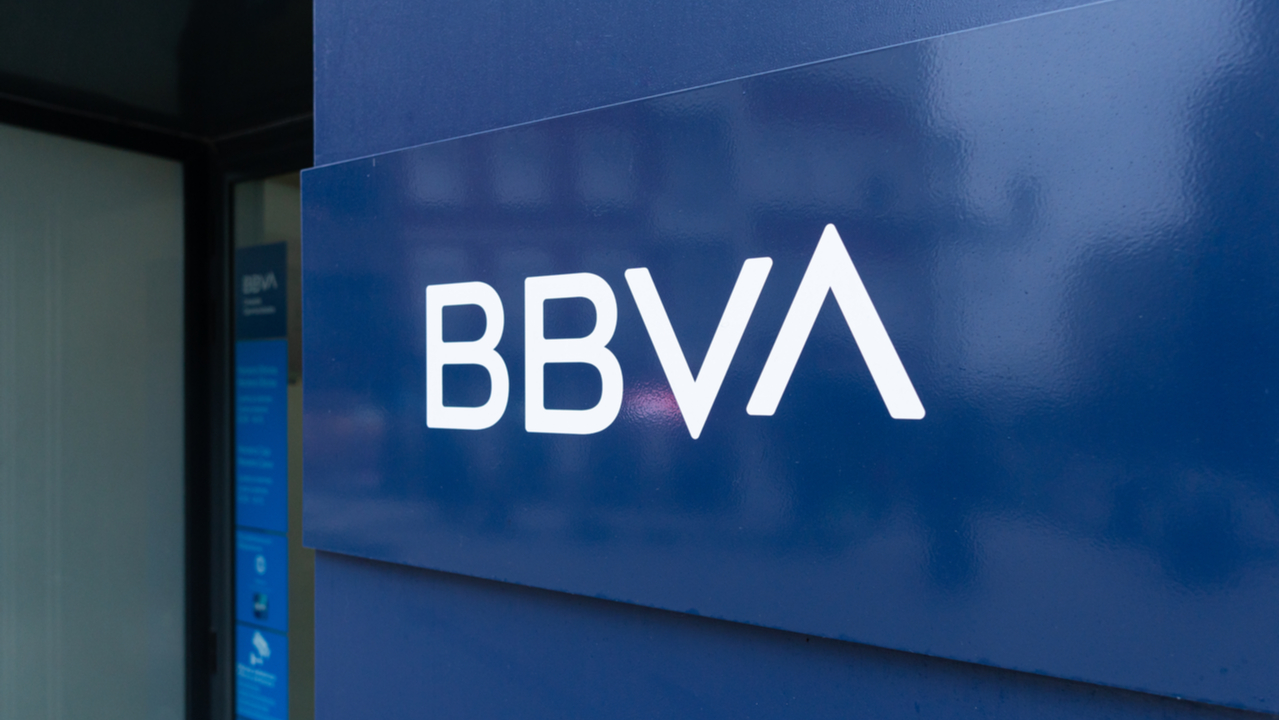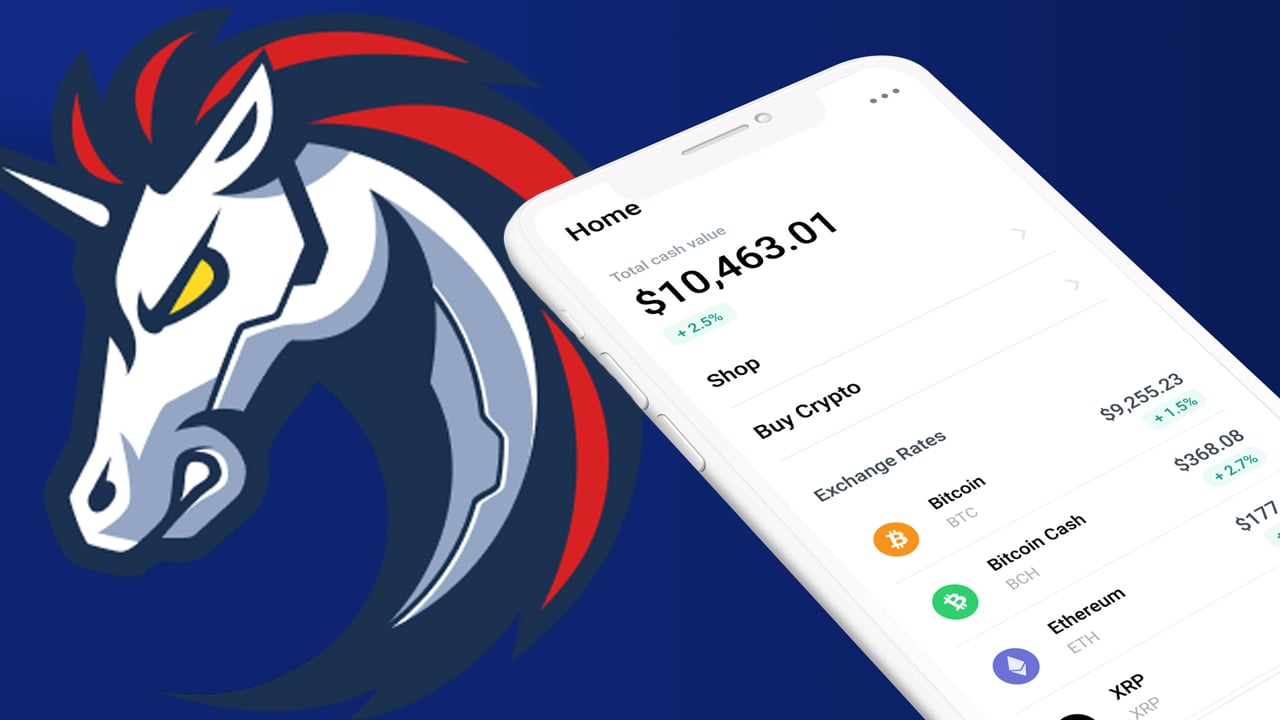
On Sept. 6, El Salvador became the first country to adopt BTC as legal tender, attracting both praise and criticism from the global community.
Salvadoran President Nayib Bukele claims that 2.1 million of his fellow citizens are using the government-backed Chivo cryptocurrency wallet, offering a glimpse into the apparent success of the country’s Bitcoin (BTC) gambit.
The controversial president updated his 2.9 million Twitter followers Saturday afternoon, claiming that Chivo “now has more users than any bank in El Salvador” after just three weeks in operation. Bukele indicated that it’s only a matter of time before Chivo adoption eclipses all banks in El Salvador combined.
2.1 million Salvadorans are ACTIVELY USING @chivowallet (not downloads).
— Nayib Bukele (@nayibbukele) September 25, 2021
Chivo is not a bank, but in less than 3 weeks, it now has more users than any bank in El Salvador and is moving fast to have more users that ALL BANKS IN EL SALVADOR combined.
This is wild!#Bitcoin
The state-issued Chivo wallet launched in early September as El Salvador officially recognized Bitcoin as legal tender — a landmark move that could offer an important case study for other countries in the region. Chivo enables individuals and businesses to send and receive payments in Bitcoin or dollars from anywhere in the world. The wallet is available on both Android and Apple devices. As Cointelegraph reported, Mexican cryptocurrency exchange Bitso has signed on as the core service provider for Chivo.
Related: El Salvador’s credit rating could take a hit amid Bitcoin adoption, warns S&P Global
Bukele’s latest update suggests that the Bitcoin Law is being received favorably across the country, even as hundreds of anti-government protestors took the streets to voice their opposition. On Sept. 15, those protests culminated in the burning down of a crypto kiosk in the nation’s capital city.
To be sure, mass adoption of Chivo is due in part to the government airdropping $30 worth of BTC to every Salvadoran account holder. According to a recent survey from São Paulo-based agency Sherlock Communications, slightly more than half of Salvadorans have no familiarity with Bitcoin.
In the meantime, Bukele’s government has been filling its coffers with BTC following a series of volatile price swings for the digital asset. El Salvador “bought the dip” on at least two recent price drops — Sept. 7 and Sept. 20 — bringing its total holdings to 700 BTC.









